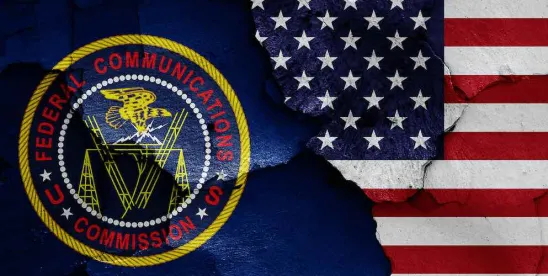Today the FCC — in a unanimous decision — determined that ringless voicemails are covered by the TCPA after FCC chair Jessica Rosenworcel’s proposal to extend the TCPA to include ringless voicemails back in February of this year.
The ruling goes into effect today — November 21, 2022.
In its ruling, the FCC declared that RVM is a form of robocall and is illegal and violations can be forced by the FCC. You’ve heard the Czar say it over and over again — RVMs are in the red category and are extremely dangerous. You can still use technology in the red categories below — but only with prior express written consent as the FCC correctly pointed out:
“….ringless voicemail is a form of robocall and is illegal if the caller did not have the consumer’s prior express consent.”

The FCC and courts are now unanimous that the use of RVM triggers the TCPA.
The ruling comes 5 years after a petition filed by All About the Message, LLC, (AATM) which asked the FCC to find that ringless voicemails are exempted from the TCPA. During the FCC’s comment period which ended back in 2017, consumer advocate groups and state AGs advocated against the petition, arguing that RVMs go around the purpose of the TCPA to prevent unwanted robocalls. Interestingly, AATM’s petition was withdrawn in 2017 in a single-sentence letter to the FCC — but the issue was left open for a ruling by the FCC.
The full content of the release is as follows:
FCC DECLARES THAT ‘RINGLESS VOICEMAILS’ TO CONSUMER CELL PHONES ARE SUBJECT TO ROBOCALLING RESTRICTIONS
WASHINGTON, November 21, 2022—The Federal Communications Commission today clarified that callers must obtain a consumer’s consent before delivering “ringless voicemail,” a message left in a consumer’s mailbox without ringing their cell phone. The unanimous decision by the full Commission finds that ringless voicemails are, in fact, “calls” that require consumers’ prior express consent.
The Telephone Consumer Protection Act (TCPA), which protects consumers from unwanted robocalls, prohibits making any non-emergency call using an automatic telephone dialing system or an artificial or prerecorded voice to a wireless telephone number without the prior express consent of the called party. The Commission today has clarified that ringless voicemail is a form of robocall and is illegal if the caller did not have the consumer’s prior express consent. Violations can be enforced by the FCC or the consumer can sue in court.
“Imagine finding robocallers leaving junk voicemails on your phone without it ever having rung. It’s annoying and it’s happening to too many of us. Today we’re taking action to ensure these deceptive practices don’t find a way around our robocall rules and into consumers’ inboxes,” said FCC Chairwoman Jessica Rosenworcel.
The Declaratory Ruling and Order denies a petition filed by All About the Message, LLC, which asked the Commission to find that delivery of a message directly to a consumer’s cellphone voicemail is not a call protected by the TCPA. The FCC is acting on its own motion after the petitioner and two other similar petitions sought to withdraw their requests for clarification after the FCC sought public comment and received overwhelming negative reaction from commenters. The FCC has also received dozens consumer complaints annually related to ringless voicemail. The ruling goes into effect upon today’s release of the decision.




 />i
/>i
